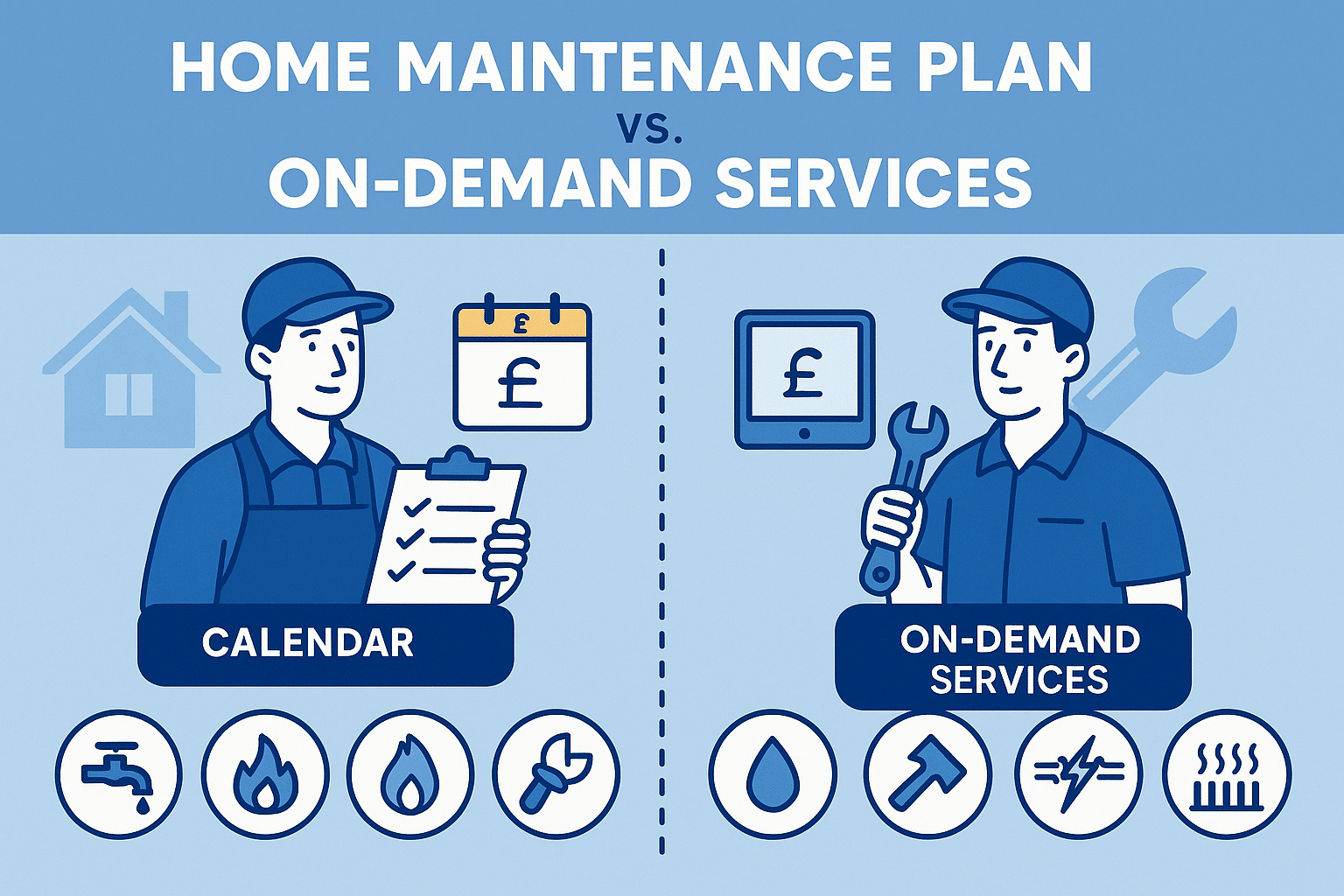 New Regulations Regarding Electrical Safety in the Private Rented Sector
New Regulations Regarding Electrical Safety in the Private Rented Sector

In January 2019, the Government announced plans to initiate new electrical safety regulations for private rental properties in England. They are to be rolled out and enforced between 2020 and 2021. The private rented sector is a major, and vital section of England’s housing market.
Being the second largest tenure in England, this sector has almost doubled in size over the last ten years. It now houses 4.7 million households, which is a substantial 20% of all households.
Recommendations of the Electrical Safety Standards Working Group
A consultation exercise on electrical safety in the private rented sector took place back in 2018. Comments and views were invited to be expressed following recommendations of the Electrical Safety Standards Working Group. They recommended that five yearly mandatory electrical installation checks for private rented properties should be introduced.
Added to their discussion was the recommendation that a competent person scheme be implemented. Extra safety measures were to be encouraged as good practice and set out in guidance.
The consultation spanned almost two months and received 582 responses from a multitude of organisations and individuals associated with the sector. It included electricians, individual landlords and tenants, landlord associations, local authorities, as well as housing charities and fire and rescue ambassadors. With the majority of respondents in favour of most of the recommendations, the Government announced that regulations would indeed be introduced. This would require private landlords to undertake five yearly safety checks of electrical installations in their properties.
Main Electrical Safety Questionnaire Results
- Do you agree that landlords should be required by law to arrange safety checks of electrical installations in private rented sector residential properties?
- Do you agree that mandatory electrical installation checks should take place at least every five years?
- Do you agree that legislative requirements should be phased in, beginning with new tenancies, followed by all existing tenancies?
- Do you agree that a private rented sector electrical testing competent person scheme should be set up which would be separate from the existing Building Regulations competent person scheme?
The Outcome
The Government is insistent on its commitment to tenant safety and believes that the safety of tenants is of paramount importance. Based on the wealth of information received, they have granted a transitional period that will apply in the first two years. The new requirements only apply to new private tenancies in year one, before extending to all existing private tenancies in year two.
Properties with an existing electrical installation condition report (EICR) will not be required to replace it for 5 years from its start date.
This phasing approach is based on the approach taken in Scotland in 2015. The Scottish Government implemented a similar new duty to carry out electrical safety inspections in private rented properties.
Landlords will also now be required by law to ensure that all hired inspectors are properly vetted. They must have the correct qualifications before safety inspections are undertaken.
Failure to Comply
If regulations are not properly enforced, hefty financial penalties could be sanctioned. As well as financial penalties, further sanctions may be applied for failure to comply with the mandatory five yearly electrical check. In addition, landlords are required to produce an electrical safety report at the beginning of the tenancy. Failure to do so could result in the suspension of the landlord’s right to serve a section 21 notice.


